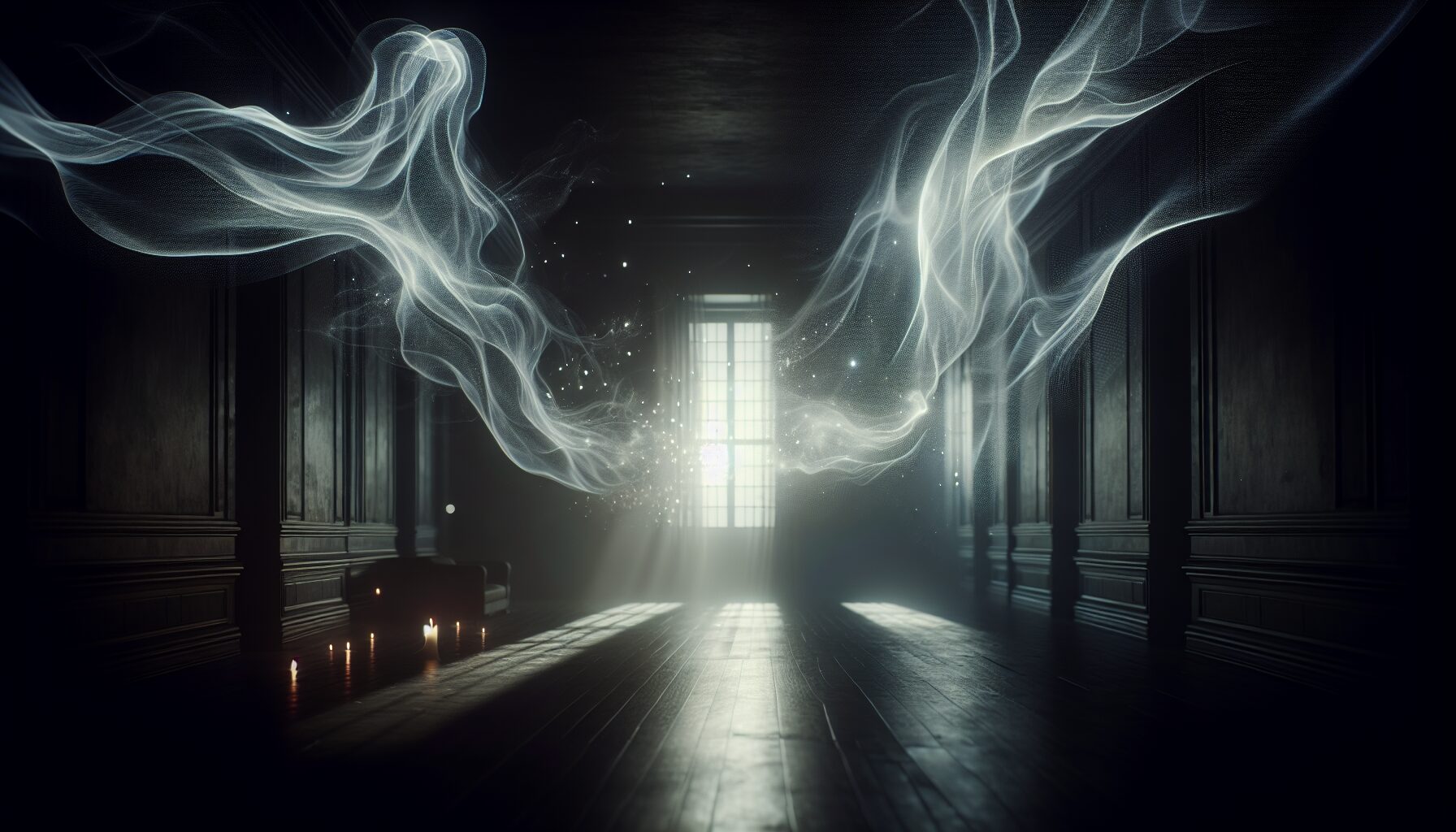Short fiction, with its capacity to capture fleeting moments and ephemeral thoughts, often mimics the nature of human memory—fragments and echoes of a larger unseen whole. In this sense, a well-crafted short story resembles a ghost: both are haunting, ephemeral, and carry a weight that belies their brevity.
“Short fiction captures the essence of a moment, a feeling, or a fleeting thought, much like a photograph does for a visual artist.” — Benjamin Percy
The Art of Short Fiction
Maurice Sendak, in a conversation on storytelling, once said that in short fiction, every word must count, as each serves as a building block for the entire narrative. The precision and economy of language in short stories create a concentrated effect, where the “ghost” of the protagonist’s experience lingers long after the story ends.
- Characterization: Within these brief narratives, characters often appear fully formed, yet remain slightly out of reach, embodying traits that resonate universally.
- Plot & Structure: Despite their brevity, short stories often employ intricate plots and structures that reveal the complexity beneath their simple surface.
- Imagery and Symbolism: Imagery in short fiction is vivid and potent, using symbolism to hint at deeper meanings, much like the spectral whisperings of a ghost.
The Ghostly Nature of Short Fiction
Short stories often leave readers with an impression of something more, something lurking just outside the pages. This “ghost” quality infuses them with life and mystery. Renowned writer Alice Munro’s stories are a testament to this, as they explore complex emotional landscapes with sparse, yet impactful, prose.
In her story “The Bear Came Over the Mountain”, Munro weaves a narrative that echoes with themes of memory, identity, and loss. Here, the ghostly fragments of past relationships haunt the characters, influencing their present actions and emotions. The spectral quality of these remnants creates a tension that is palpable, illustrating the guardian.co.uk those indelible moments that linger in our consciousness, much like a ghost lingers in a forgotten room.
Conclusion
The beauty of short fiction lies in its ability to evoke entire worlds through glimpses and whispers. These stories act as specters, capturing the fragments of a narrative that captivate and remain with us. As Raymond Carver once noted, “It’s possible, in a poem or short story, to write about commonplace things and objects using commonplace but precise language, and endow those things with immense, even startling power.” This is the ghostly magic of short fiction—its ability to resonate beyond the page, haunting us with its distilled potency.

Comments